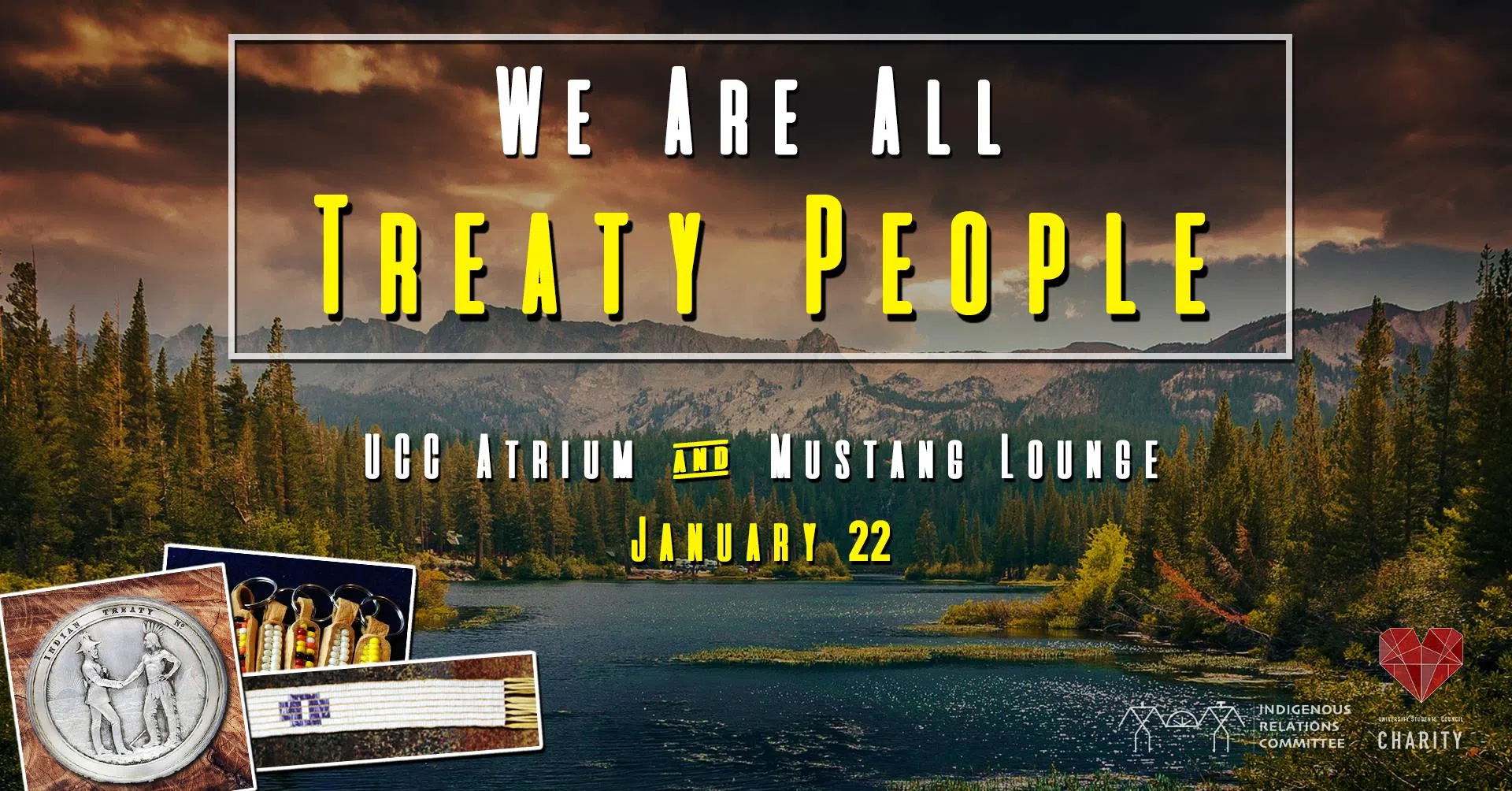
In order to aid Western’s Indigenous Strategic Plan in creating a more inclusive and culturally sensitive campus, we wish to go beyond the land acknowledgment to understand how Canadian society is able to function today as a result of treaties. Canada was built on long-standing Nation to Nation agreements with Indigenous People. It is important for Non-Indigenous people to understand where they stand within these structures in order to move forward with reconciliation and decolonization.
Given this new platform, the Indigenous community wants to use the Indigenous Relations Committee to gain the support of non-indigenous students on campus.
Recently, the committee held an event called “We Are All Treaty People”, focused around using guest speakers and interactive events to spread education on indigenous people.
“We saw that there was a need for this conversation to happen and a lot of students wanted to learn more about the Indigenous community…I think it is really important for people to acknowledge that,” said, Donika Stonefish, the Indigenous Representative on Western University’s University Student Council (USC).
“Being an ally means being supportive, listening authentically, and educating yourself,” says ally and Western Sociology Professor Lauren Barr. She describes being an ally as a verb instead of a noun, meaning it must be active and constantly in motion.
Donika Stonefish hopes that events like the “We Are All Treaty People” event will help encourage Western and it’s students maintain “the best student experience” for all of its students.


